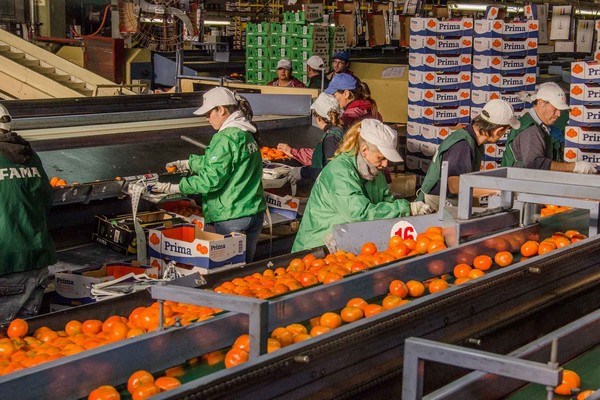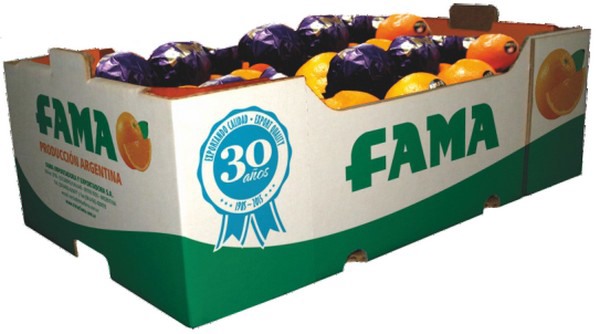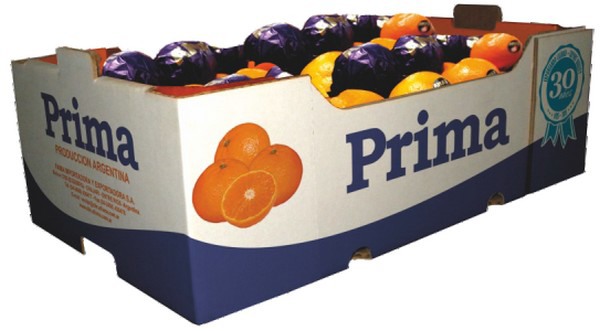The declaration of state of emergency for Argentina’s citrus sector “is not of much help at all, it only helps you postpone the payment of taxes, nothing else unfortunately”, says Nahuel Lavino, export sales manager at Fama, a leading Argentinian citrus exporter and importer.

Argentina’s citrus export sector is facing strong headwinds due to the worst drought in 94 years, a heatwave, currency crises and 102.5% year-on-year inflation increase that has seen a doubling in prices of most consumer goods in February 2023. On top of that there is great uncertainty on the way forward for the country with upcoming national elections later this year.
“Regarding the drought, it did hit us hard this summer, it has been extremely dry and hot, meaning that early varieties are and will suffer smaller sizes, which will make us less competitive against other suppliers in the Southern Hemisphere, which have had a normal summer. Even though we do have most of our farms with irrigation, it was not enough for the fruits to grow at a normal rate. We hope now that rains started, later varieties will have enough time to catch up to normal sizes,” says Lavino.

Last week Argentina’s Economy Minister Sergio Massa announced the creation of the so-called “agro dollar,” a new exchange rate for agrifood exports. They hope this will replenish the country's impoverished coffers while simplifying foreign currency operations for all rural producers.
“Exchange rates are a great difficulty for Argentina, imagine exporting fruit where for every dollar that you receive you get an exchange rate of 200 Argentina pesos and then having to pay everything at a dollar that is twice as expensive, 400 Argentinean peso. Yet another factor that makes Argentina less competitive. There are a few talks where a new dollar will be introduced for citrus where the Argentina peso will be in between, at around 300 pesos, that would help, but the amount of issues that involves working in Argentina to the world are very problematic. Just to give you another example, if you want to import in the country any material to fix a machine (ie: electric motor, a sensor, etc), it is extremely complicated first of all to import it because you need to go through a lengthy customs process, and if you are lucky enough to get the permit, you are not allowed to pay the supplier after 180 days have passed, so with those terms, not even suppliers want to work with you so you end up without being able to import anything,” explains Lavino.

He says Fama was founded 38 years ago for the sole purpose of exporting citrus. They export mostly mandarins and oranges and a bit of grapefruit all over the world from Asia, to Europe and Canada. Lavino says they remain positive as they look to survive through the latest crises in Argentina.
“We thrived during good times and survived during the hard ones. We invested in a whole range of citrus varieties and technologies to have a differentiation factor against the competition. All owners of the company are friends and have been through now second and third generations so we won’t stop at nothing, even in times like this. We trust that one day times will be bright again. In the meantime, we will keep adapting, innovating, exporting and enjoying what we love doing and do best until better times come.”
For more information:
Nahuel Lavino
Fama
Tel: +34 636 497 142
Email: [email protected]
www.citrusfama.com.ar










